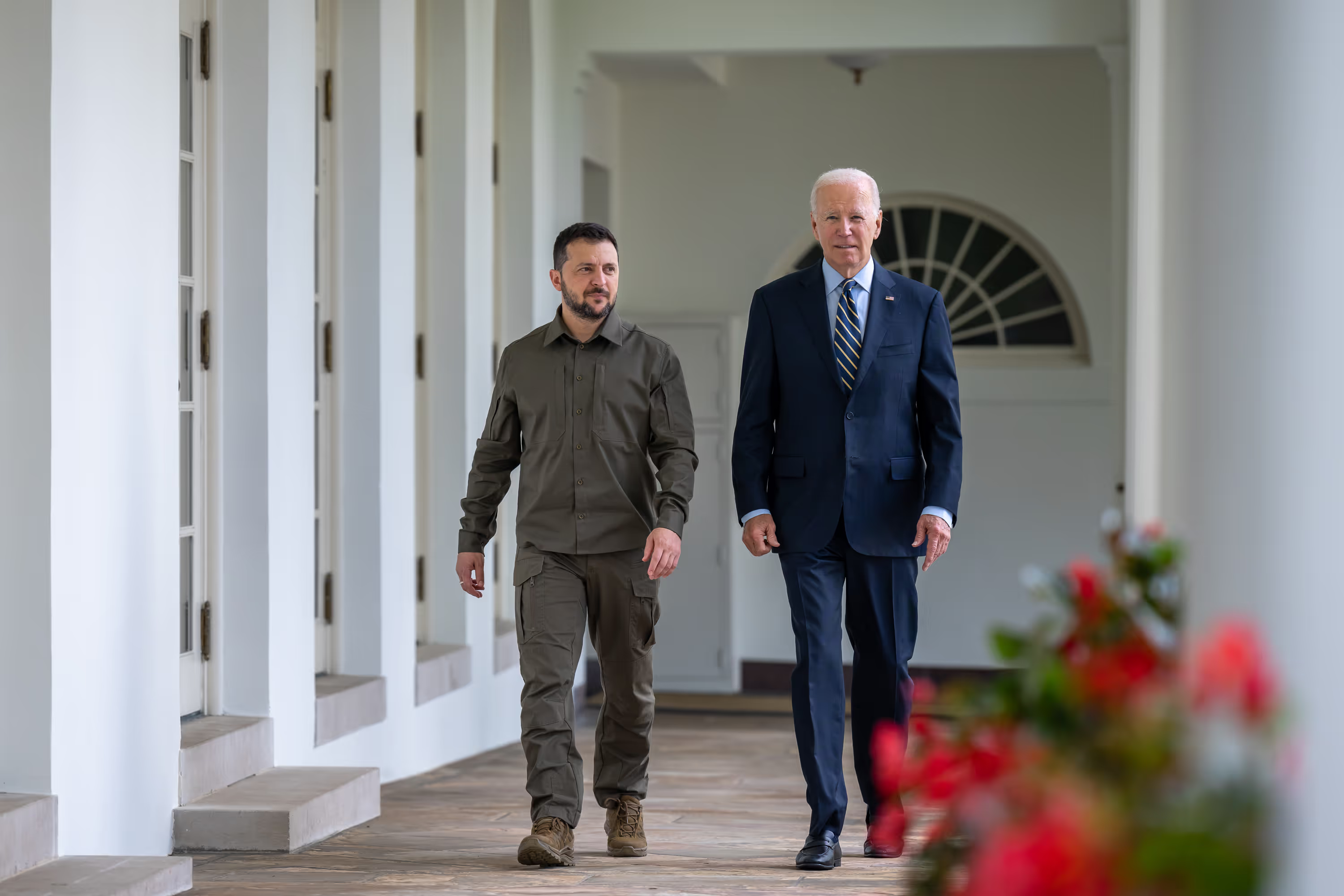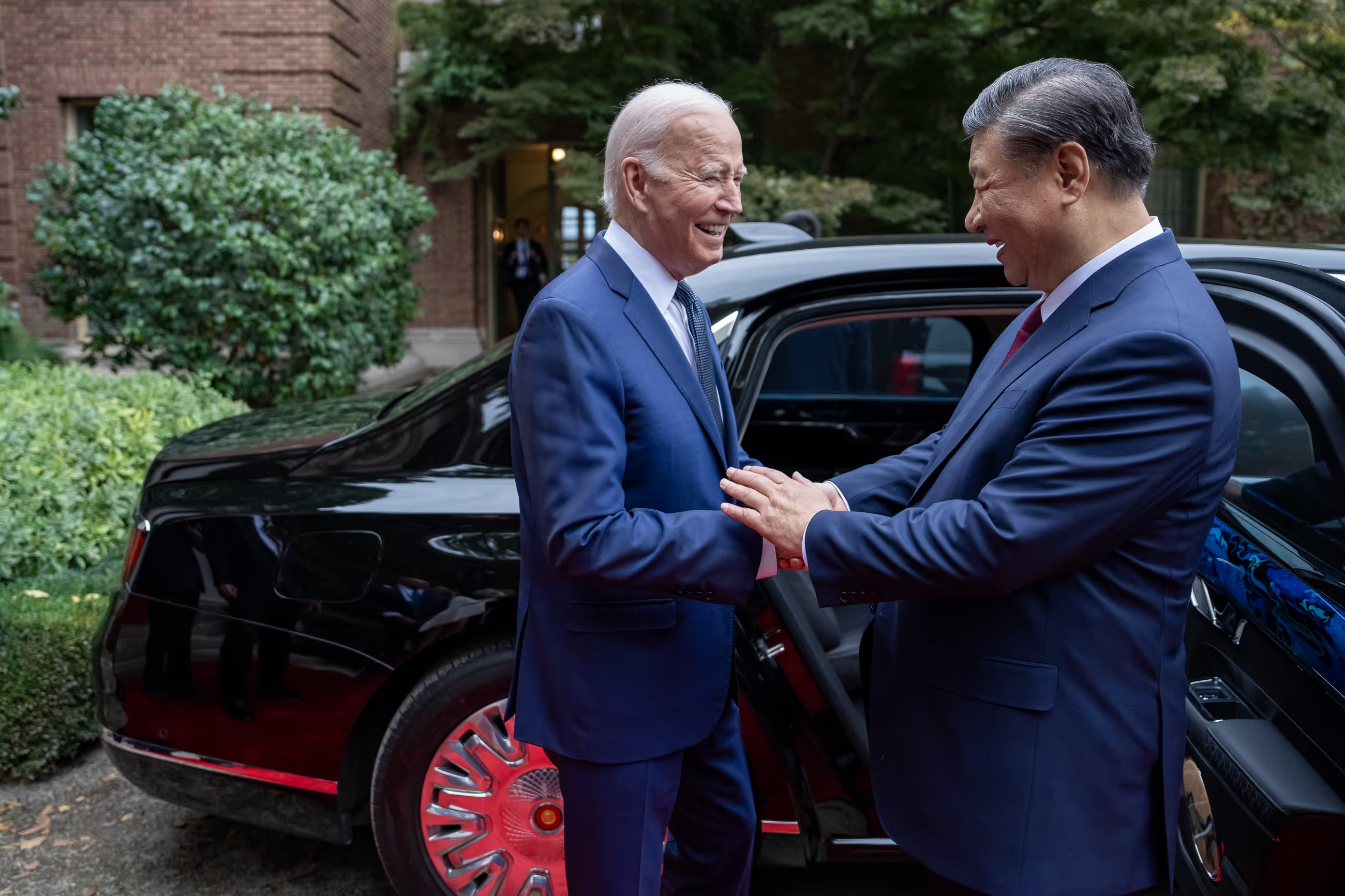

- President Biden's public statements on the drone attack that killed 3 U.S. soldiers in Jordan shows the U.S. is keen to avoid war with Iran while focusing on Hezbollah's activities.
- The drone attack represents a significant escalation, marking the first US military casualty by enemy air power since 1953 and prompting a strategic withdrawal of Hezbollah from aggressive engagements with US forces in Iraq and Syria.
Overview:
This commentary by Atlantic Council expert Kirsten Fontenrose examines the strategic dynamics between the United States, Kata'ib Hezbollah, and Iran, highlighting the recent developments that have led to a recalibration of KH's actions in the Middle East. It delves into the implications of a drone attack that killed three US soldiers in Jordan, the subsequent cessation of KH's attacks on US forces, and the broader context of US-Iran relations.
Key Points:
- President Joe Biden's public statements have clarified the US stance on avoiding war with Iran while expressing a determined posture towards KH's activities.
- The drone attack represents a significant escalation, marking the first US military casualty by enemy air power since 1953 and prompting a strategic withdrawal of KH from aggressive engagements with US forces in Iraq and Syria.
- Iran's perception of US retaliation capabilities and its continued support for proxy forces like KH challenge the restoration of deterrence by the United States.
Policy Options for the US Response:
- Conduct Strikes Inside Iran Against IRGC Bases and Weapons Stockpiles: Targeting the Islamic Revolutionary Guard Corps (IRGC) could impact Iran's proxy capabilities but might not halt the types of attacks that have targeted US forces.
- Strikes Against Facilities Producing Proprietary Components for Proxies: Attacking production sites could slow proxy attacks but would not eliminate the stockpiled munitions already available to groups like KH.
- Conduct Strikes Against IRGC and Proxy Capabilities in Neighboring States: While this approach has been utilized, it has not deterred Iran or its proxies from continuing their operations against US personnel and interests.
Strategic Considerations:
- The US must manage the potential reputational risks associated with retaliation, ensuring that any military action is perceived as non-escalatory and justified.
- Securing regional support, particularly from Jordan, is crucial for legitimizing US actions and maintaining stability in the Middle East.
- The US should clearly communicate its objectives and manage expectations regarding the effectiveness of military strikes in altering Iran's regional behavior.
Conclusion:
The US faces a complex challenge in responding to the recent escalation by KH and Iran. While military options are available, their effectiveness in achieving long-term strategic objectives may be limited. A multifaceted approach that includes diplomatic engagement, regional cooperation, and targeted military action, while managing the narrative around US responses, is essential for addressing the immediate threats and contributing to stability in the Middle East. The situation underscores the importance of a nuanced understanding of the regional dynamics and the need for a calibrated US strategy that addresses the root causes of proxy aggression without escalating tensions further.







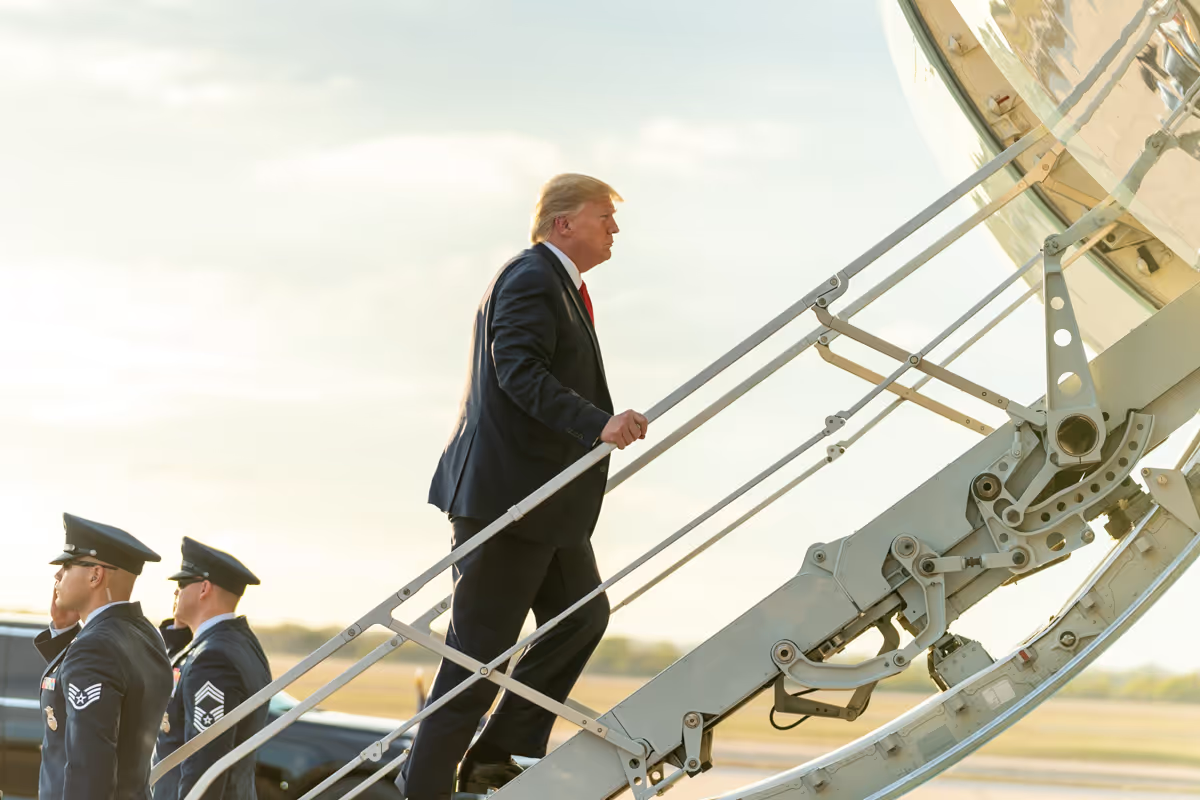


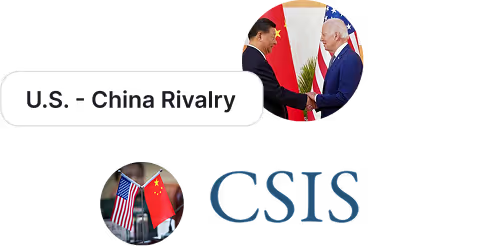

.avif)

.avif)
.avif)
.avif)
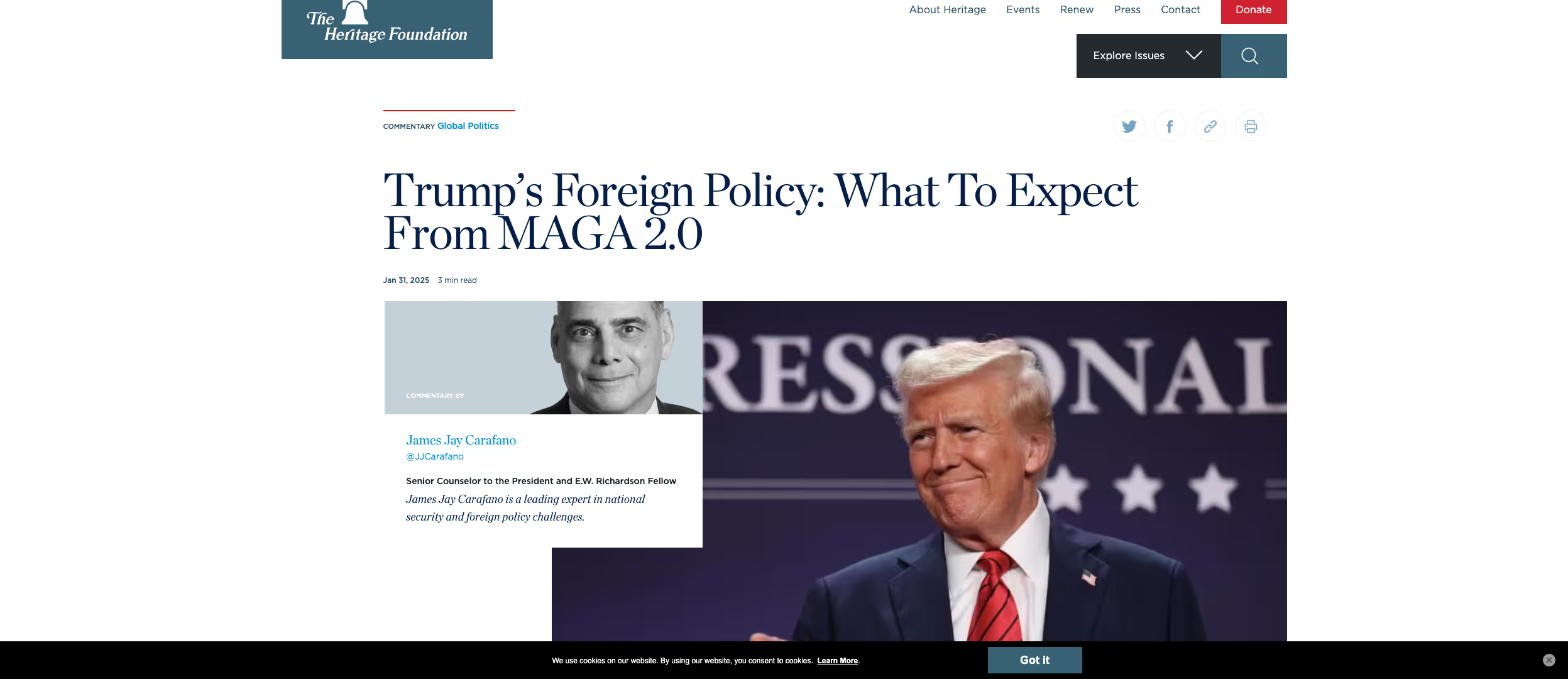
.avif)
.avif)
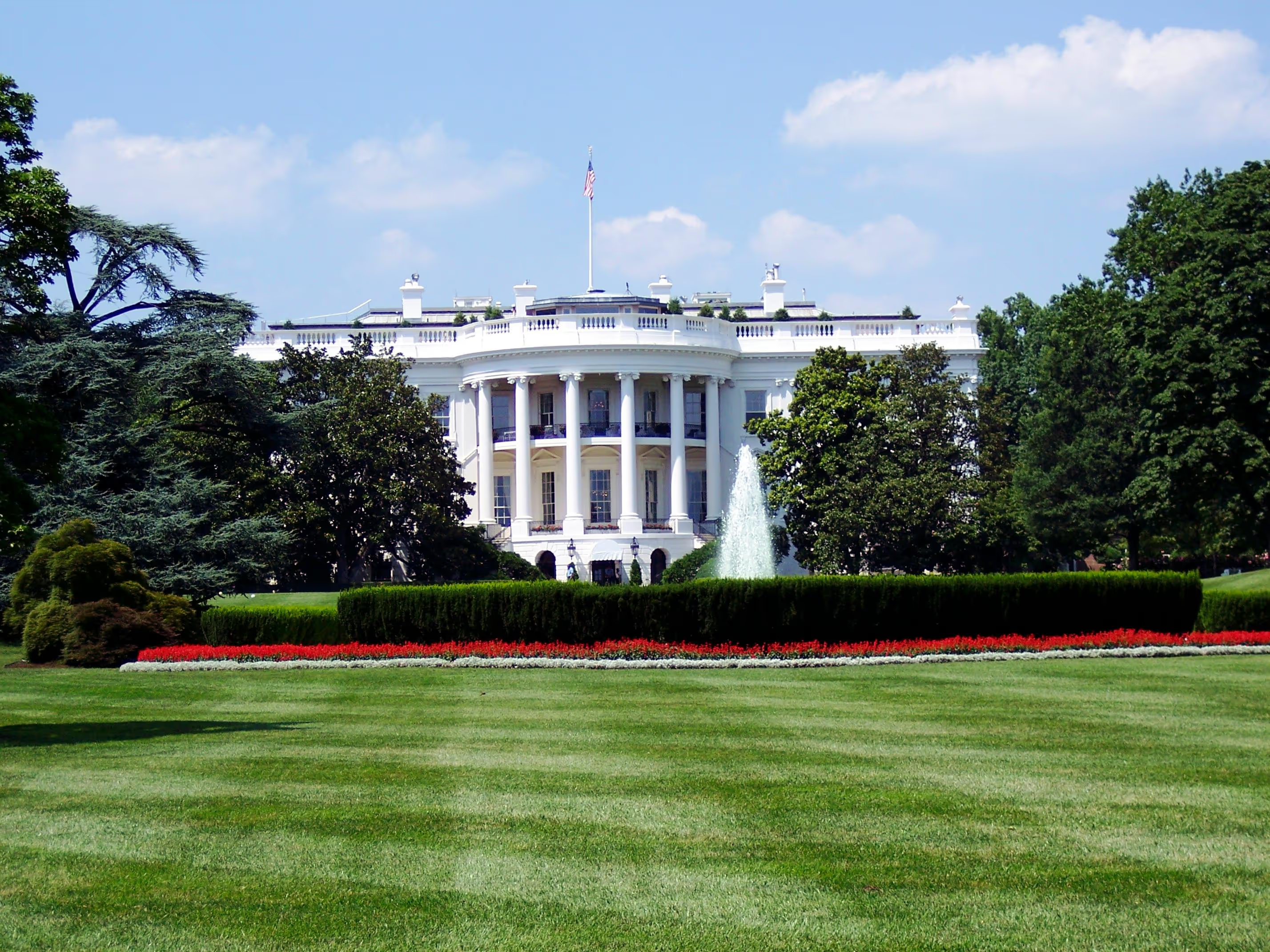


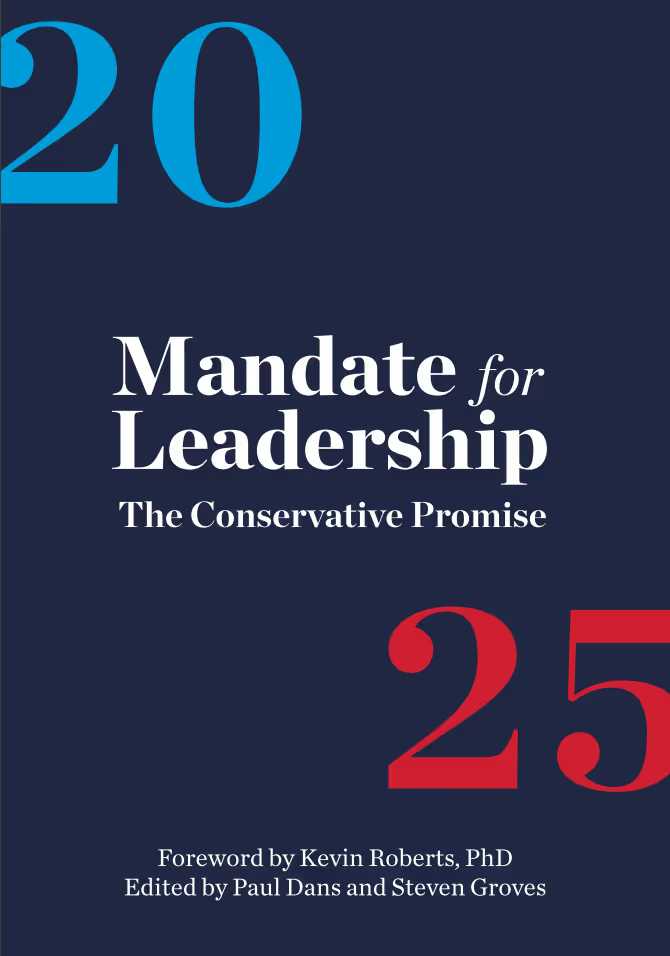





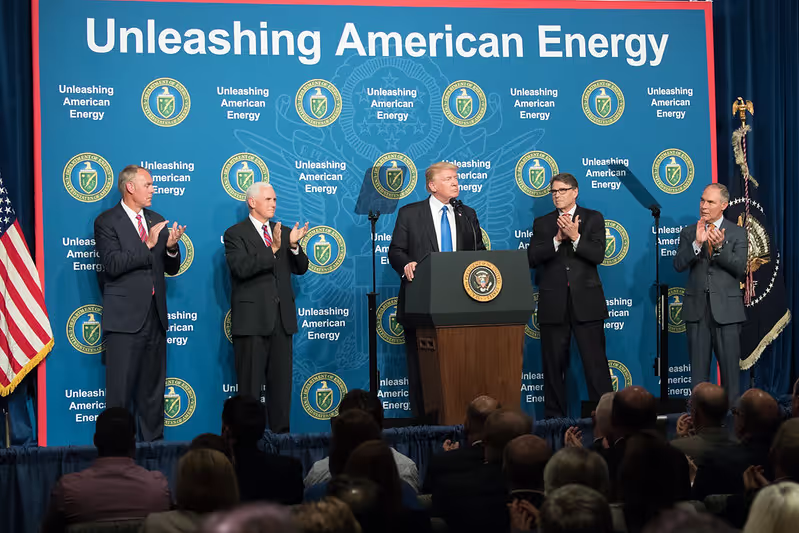

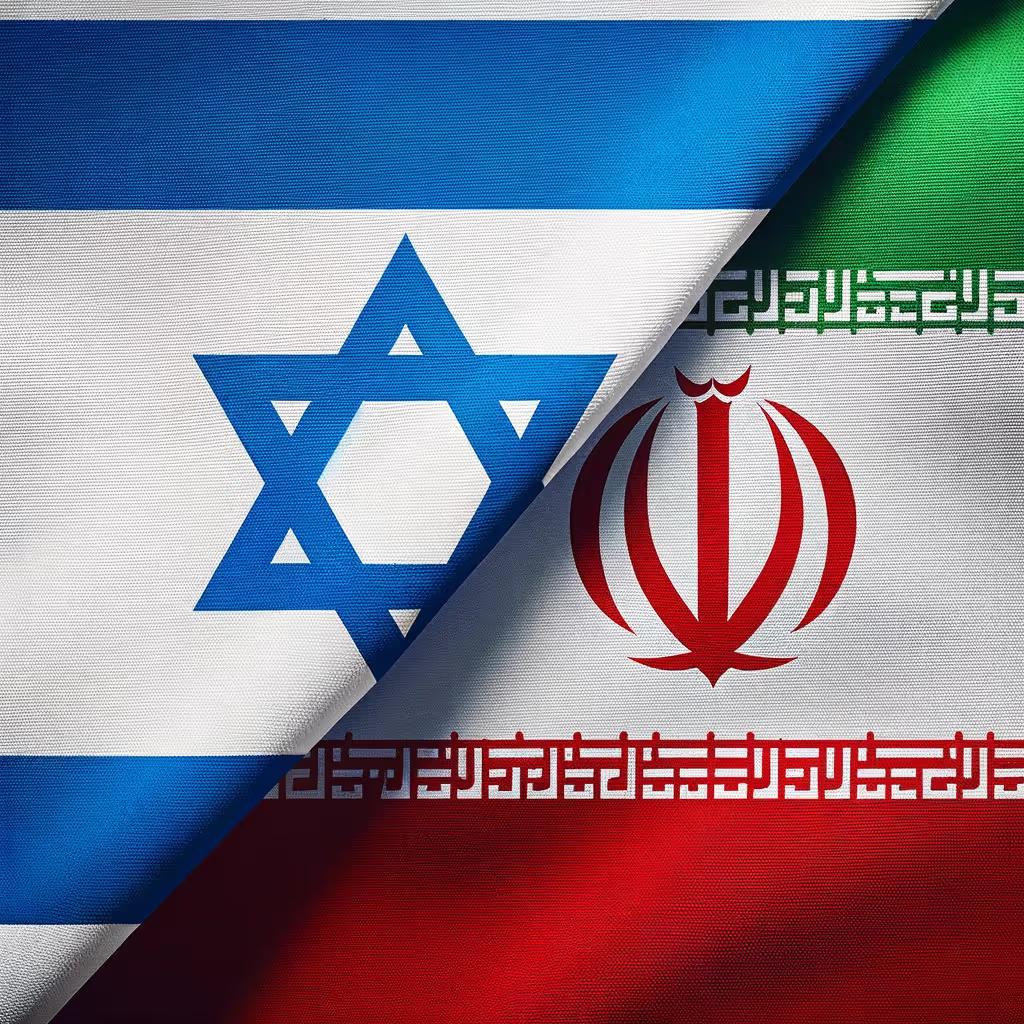













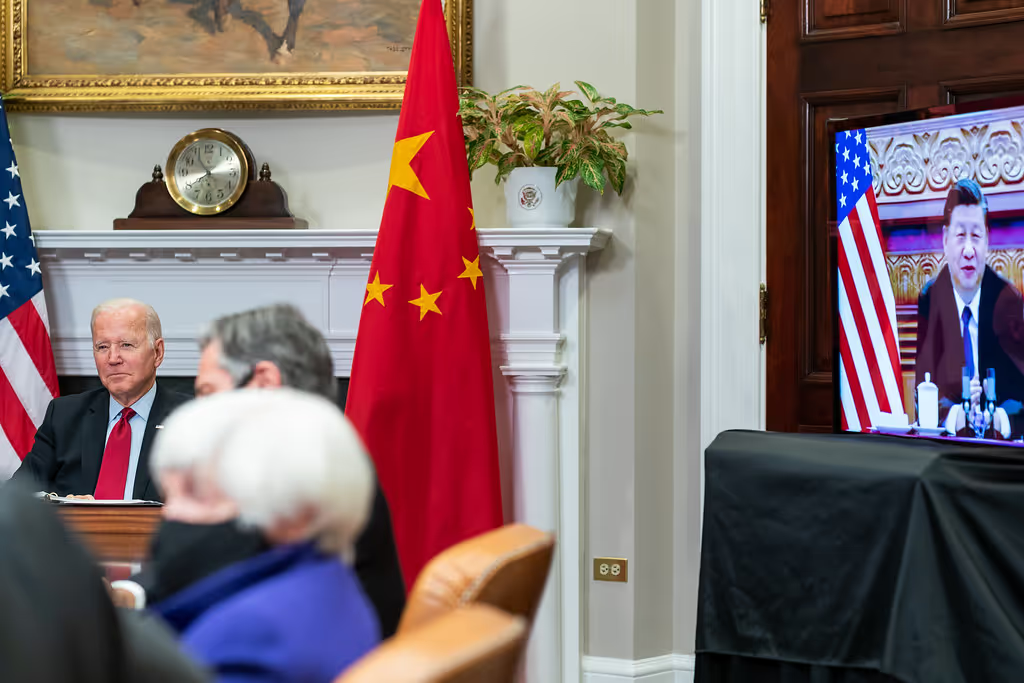




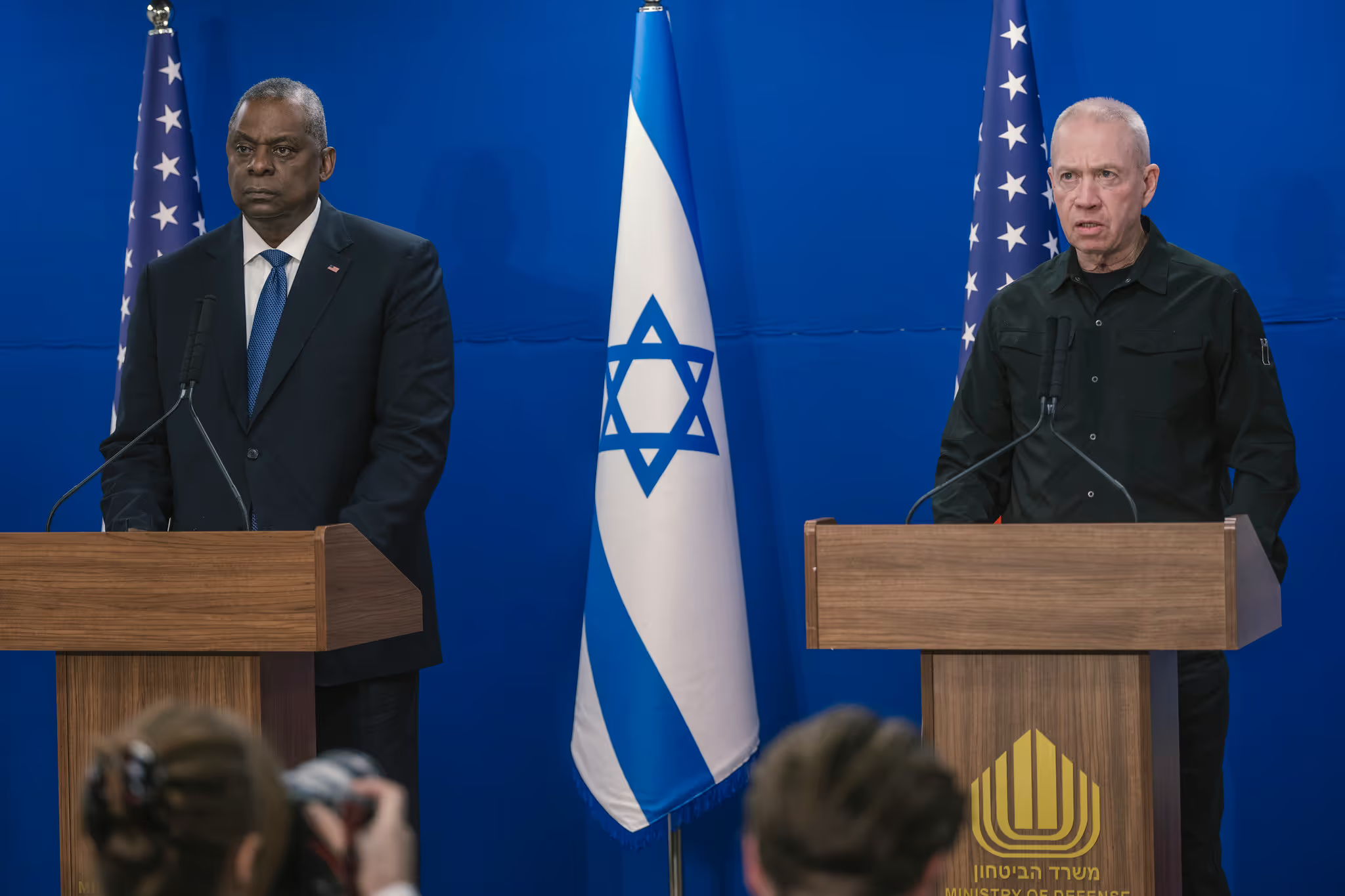





.avif)
